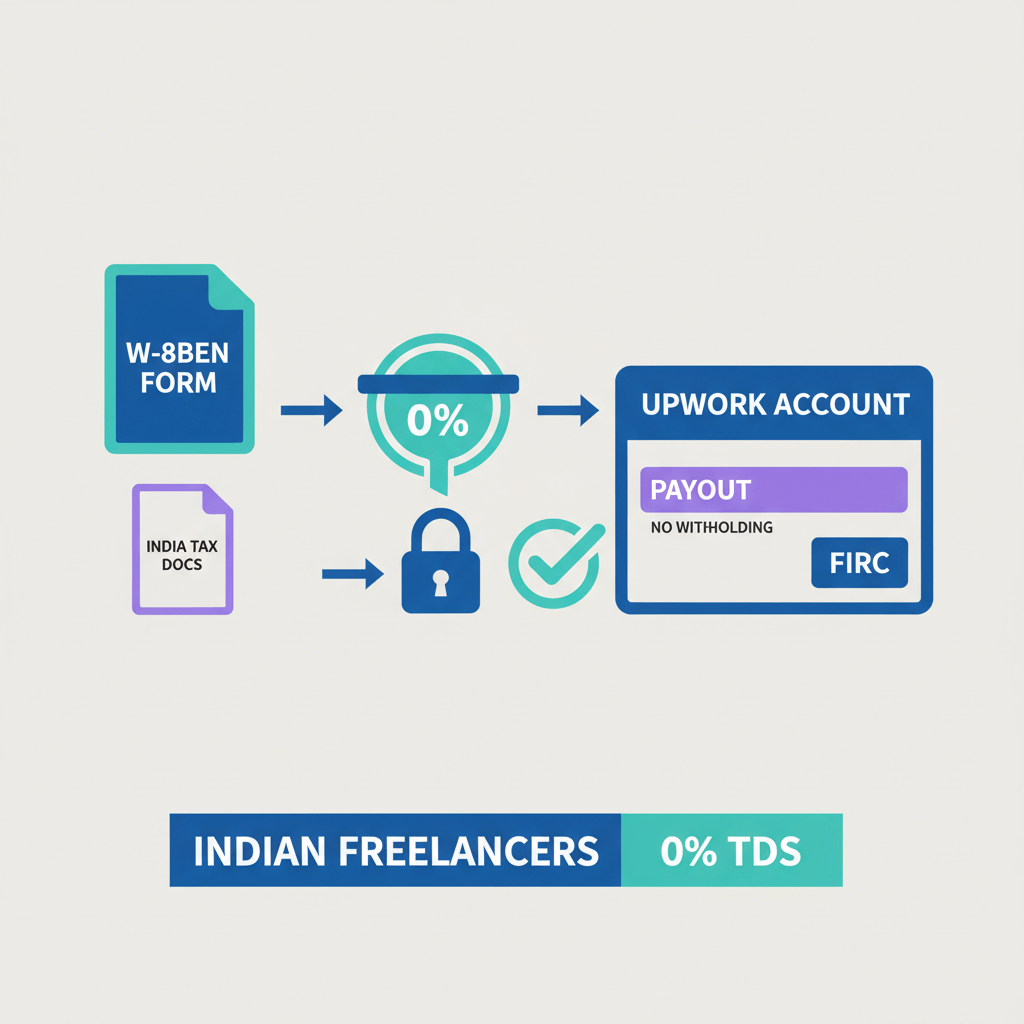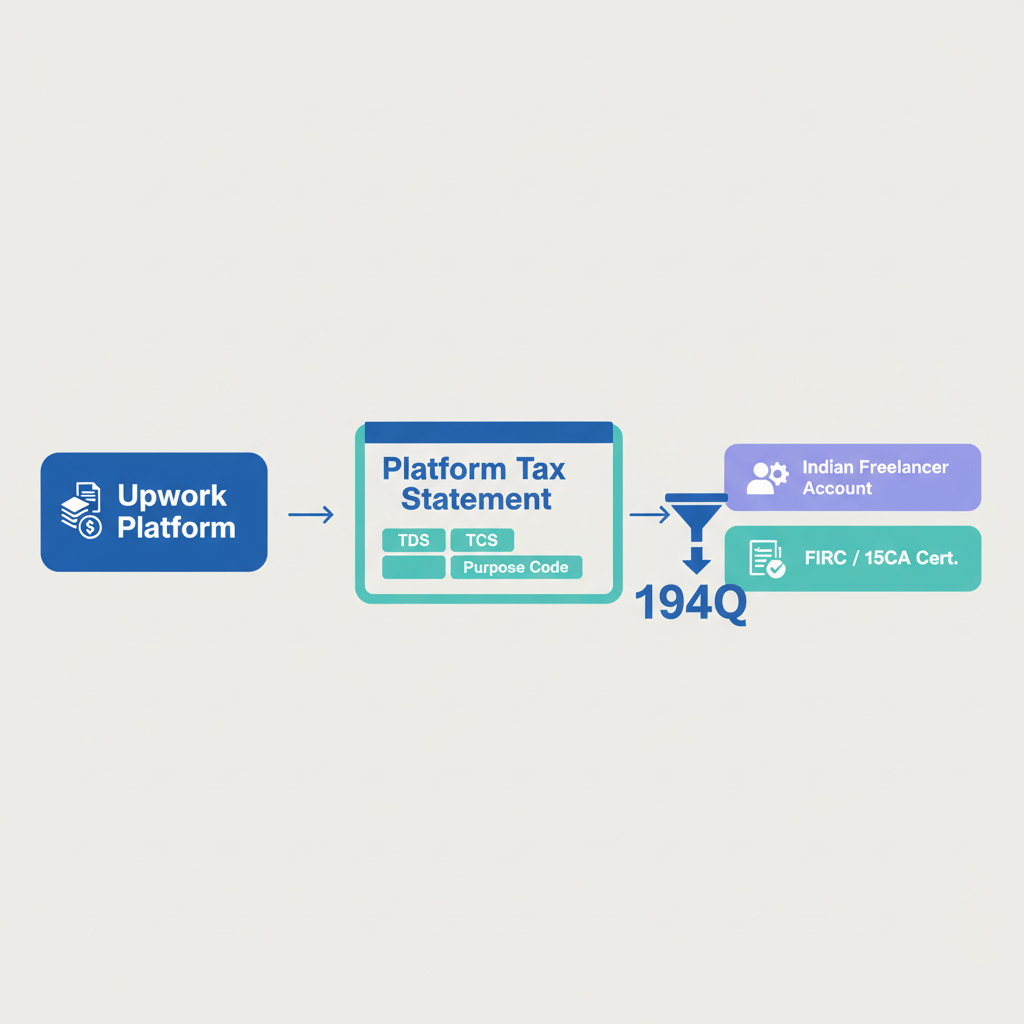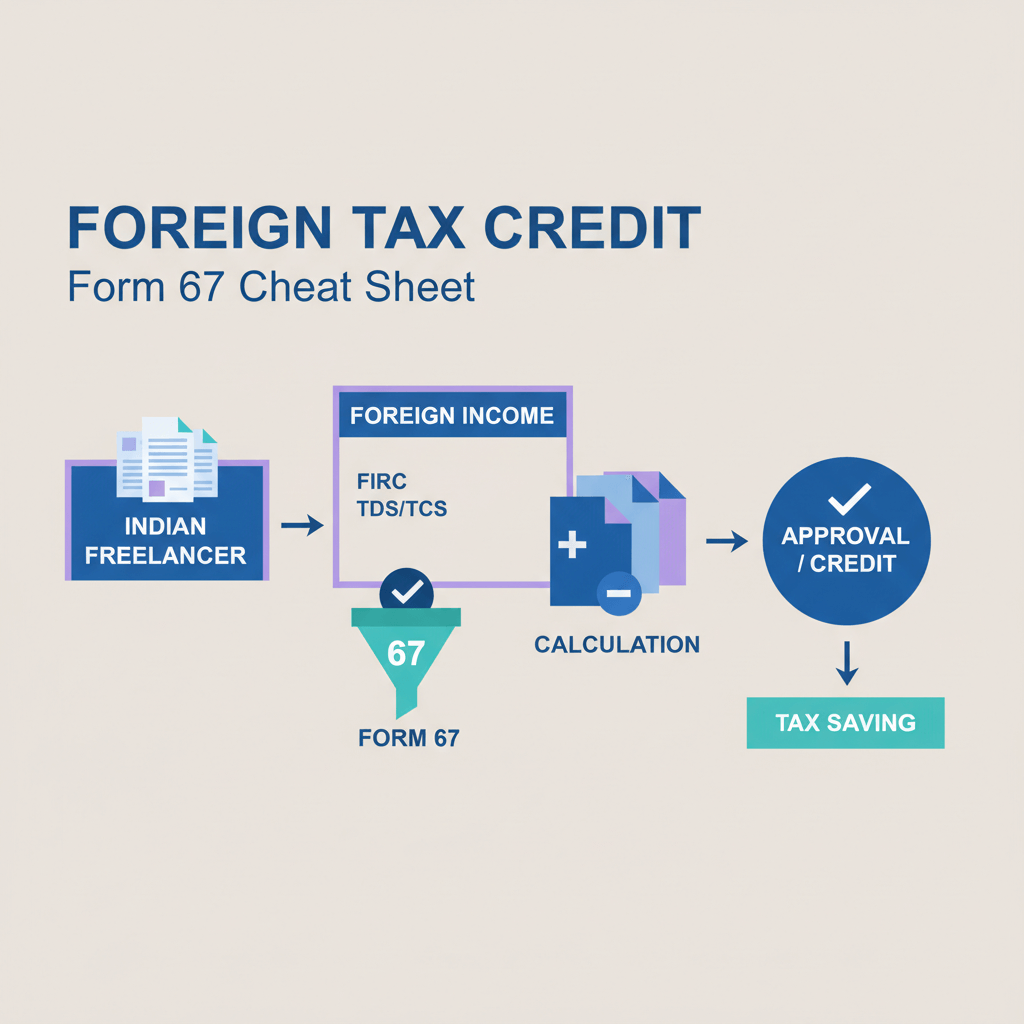The world is changing fast, and things are expected to happen instantly. But when it comes to banking and B2B payment automation, it's been slow to catch up.
Technology and being clear about what's happening have not been top priorities. Instead, there's been a lot of complicated bureaucracy involving many departments.
Karbon Forex is trying to change that. We offer a way for businesses to make international payments that use modern technology and follow the latest rules.
Read on…
What is B2B Payments Automation?
B2B payment automation means using technology to make paying other businesses easier.
It includes steps like sending electronic invoices, getting payment approvals faster, and making payments online. This helps businesses avoid mistakes, speed up payments, and save time and money.
Through automation, businesses gain the ability to monitor payments in real-time, ensuring transparency regarding the destination and timing of their funds. Additionally, automation enhances security measures, ensuring compliance with government regulations.
Overall, B2B payment automation makes paying other businesses simpler, faster, and safer, helping businesses manage their money better.
What is a B2B payment automation example?
In the world of Indian businesses doing deals globally, B2B payment automation is super important. It helps make international money stuff easier and deals with the problems of old-fashioned payment ways. Here's how it works:
- Electronic Invoicing: Instead of sending paper bills, Indian businesses can use electronic systems to make and send invoices online. This saves time and money because there's no need to wait for letters to arrive - everything happens quickly online.
- Automated Approval Workflows: With automated approvals, invoices can follow set paths based on things like currency or rules. This is really helpful for international deals because different countries have different rules, and it's important to follow them.
- Integration with Foreign Exchange Platforms: Some B2B payment systems work smoothly with foreign money exchange platforms. This means that bills can be paid in the right money, and it helps avoid problems with money values changing.
- Electronic Payments in Many Currencies: Instead of using old-fashioned ways like checks, Indian businesses can use electronic methods to pay in different currencies. This makes global deals faster and cheaper, and it's easy to track.
- Compliance with Rules: B2B payment systems also help Indian businesses follow the rules about taxes and money laws in different countries. They check to make sure everything is legal and okay.
- Real-time Reconciliation and Reporting: These systems also help businesses keep track of money coming in and going out. They quickly match payments with bills, even if they're in different currencies. This makes it easier to see how much money is moving around and helps with reports for the government or inside the company.
Problems in B2B International Payments
Sending money across borders can be a major hassle. It's not just a matter of moving money from one place to another – it involves a complex and often expensive process. Banks, which are usually involved in these transactions, can move painfully slowly, leaving you feeling frustrated and like you're going nowhere fast. To make matters worse, they may offer little to no assistance when you need it.
Once you've sent your money, it can feel like it's vanished into thin air. You're left wondering where it is and whether it's reached its intended destination. Is it moving along smoothly or stuck somewhere in the process? Without proper tracking or transparency, it's hard to say for sure.
In simple terms, sending money internationally can feel like tossing it into a black hole – you're left in the dark about what happens next. This lack of visibility and support only makes the whole process more complicated and frustrating.
Types of B2B International Payment Methods
There are various ways for businesses to make payments across borders. Here are some common methods:
- Wire Transfers: This involves electronically transferring money from one bank account to another, often used for large payments due to its speed and security.
- Letter of Credit (LC) is a document issued by a bank, ensuring payment to the seller upon receipt of specific documents as outlined, providing assurance to both parties involved in the transaction.
- International Bank Drafts: Similar to a check, it's a secure form of payment issued by a bank, drawn on the bank's funds rather than the buyer's account.
- Online Payment Platforms: Services like PayPal and TransferWise offer convenient and secure ways to make international payments, supporting multiple currencies and providing features like currency conversion and payment tracking.
- Documentary Collections: Involves exchanging shipping and payment documents through banks, ensuring the buyer receives shipping documents only upon payment or acceptance of a bill.
- Open Account: Sellers ship goods and extend credit terms to buyers, allowing them to pay at a later date. It's less secure for sellers but may be more convenient for buyers.
- Electronic Funds Transfer (EFT): Involves electronically transferring funds between bank accounts, commonly used for both local and international payments.
Businesses choose their preferred payment method based on factors such as transaction size, required security, and convenience for both parties involved.
Benefits of choosing B2B Payment Automation Services for international transfers
Selecting B2B payment automation services for international transfers brings many advantages:
- Quicker Payments: It speeds up payments by using technology to reduce manual work and errors.
- Cost Savings: Businesses can save money by cutting down on manual tasks and avoiding expensive mistakes.
- Improved Visibility: Automation lets you track payments easily, so you always know where your money is.
- Enhanced Security: These services have strong security measures to protect your money and data from fraud or unauthorized access.
- Compliance Assurance: They help ensure that your payments follow all the rules and regulations, keeping you out of trouble.
- Simplified Processes: Automation makes it easier to manage payments, with features like recurring payments and multi-currency support.
- Scalability: As your business grows, these services can handle more transactions and complexities without any trouble.
- Integration: They work seamlessly with your existing systems, making everything run smoother and saving you time.
Best way to conduct B2B payment automation - Wire transfers
In the context of international business payments here's why wire transfers are a good choice:
1. Using Automatic Systems: Businesses can use computer systems to pay bills automatically. These systems can work with banks to send wire transfers, which are a quick and reliable way to send money internationally.
2. Checking Payment Details: Before sending money, it's important to make sure you have the correct information for the recipient, such as their bank account number and other necessary details.
3. Sending the Payment: Once you've approved a payment, you can go online to your bank or use a payment system to instruct them to send the money through a wire transfer.
4. Confirming the Transaction: After sending the money, you should check to ensure that the transfer was successful. Your bank or payment system will usually provide a receipt or confirmation code for you to verify.
5. Recording the Payment: It's important to keep accurate records of your payments for accounting purposes. Make sure to document the details of the wire transfer in your financial records.
6. Tracking Your Finances: Keeping track of your payments helps you reconcile your accounts and ensure that your records match up with what your bank says. This ensures accuracy and helps you manage your finances effectively.
7. Avoiding Fraud: It's essential to be vigilant against scams and fraudulent activities, especially when dealing with international payments. Following good security practices can help protect your business from potential risks.
8. Continuous Improvement: Always look for ways to improve your payment processes. Using wire transfers for international payments can be a great choice because they are fast, secure, and widely accepted worldwide, making them a reliable option for conducting business transactions across borders.
FAQs on B2B payment automation
What is the B2B payment method?
A B2B payment method refers to the different ways businesses pay each other for goods or services exchanged in business-to-business transactions. These methods encompass traditional forms like checks and wire transfers, as well as modern electronic options such as ACH transfers, credit cards, and online payment platforms. The selection of a B2B payment method depends on factors like the size of the transaction, its urgency, security needs, and the preferences of the involved parties.
What are the 4 transaction types in B2B?
In B2B transactions, there are four main types:
- Business-to-Business (B2B): One business sells to another.
- Business-to-Consumer (B2C): Businesses sell to individual consumers.
- Business-to-Government (B2G): Businesses provide goods/services to government.
- Government-to-Business (G2B): The government provides goods/services to businesses.
Each type represents different interactions between businesses, consumers, and government entities in the marketplace.
What are the most popular B2B payment methods?
The most popular B2B payment methods include International wire transfers, ACH transfers, credit cards, checks, electronic funds transfer (EFT), virtual credit cards, online payment platforms, and electronic data interchange (EDI).
What is the B2B currency exchange?
B2B currency exchange is when businesses change one type of money into another for their transactions. This helps them buy and sell things to other businesses in different countries. Banks, money brokers, or websites offer B2B currency exchange services. This helps businesses deal with changes in currency value and handle their international transactions better.
For example, imagine that Acme Corporation, a manufacturing company based in the United States, needs to pay Mitsubishi Electric, a supplier located in Japan, for a shipment of electronic components they purchased. To make the payment, Acme Corporation uses a B2B currency exchange service to convert their US dollars into Japanese yen. This enables them to pay Mitsubishi Electric in their local currency, facilitating the transaction between the two companies.
What are the payment systems in B2B?
- ACH Transfers: Low-cost option, typically $0.25 to $1.50 per transaction, ideal for domestic transfers.
- Wire Transfers: Higher cost, ranging from $10 to $50+ per transaction, especially for international transfers.
- Credit Cards: Transaction fees of 2% to 3.5%, convenient but pricier for merchants, especially for high-value transactions.
- Checks: Variable costs including printing, mailing, and processing fees, with potential hidden expenses and manual handling.
- Electronic Funds Transfer (EFT): Low or no transaction fees, efficient and cost-effective for businesses.
- Virtual Credit Cards: Fees per transaction, but offer enhanced security against fraud.
What is the best payment method for B2B?
At Karbon Forex, we deliver industry-leading competitiveness through our forex markup rates, for all international business transactions including inward remittances into India and outward remittances from India. Contact us to know more!
How do I accept B2B payments?
At Karbon forex we help businesses accept international business payments at a flat fee of 1-3%. Contact us to know more!
What is B2B in Invoice?
In the context of international business transactions, B2B invoicing operates similarly to domestic transactions but involves additional considerations:
1. Generating the Invoice: When businesses in different countries engage in trade, they issue invoices detailing the goods or services exchanged, their prices, and related information.
2. Payment Terms: Invoices specify the payment terms, crucial for international transactions due to potential delays in cross-border payments and currency conversions.
3. Details: The invoice contains comprehensive information about both the seller and the buyer, including their contact details and payment instructions suitable for international transactions.
4. Payment Methods: Instructions for payment methods are tailored to accommodate international transactions, often involving wire transfers or other cross-border payment options.
5. Reference Numbers: Utilizing reference numbers facilitates tracking payments and linking them to associated documents, aiding in the management of international transactions.
6. Compliance: International B2B invoices adhere to both local and international regulations governing trade and finance, ensuring legal compliance and transparency in cross-border transactions.











